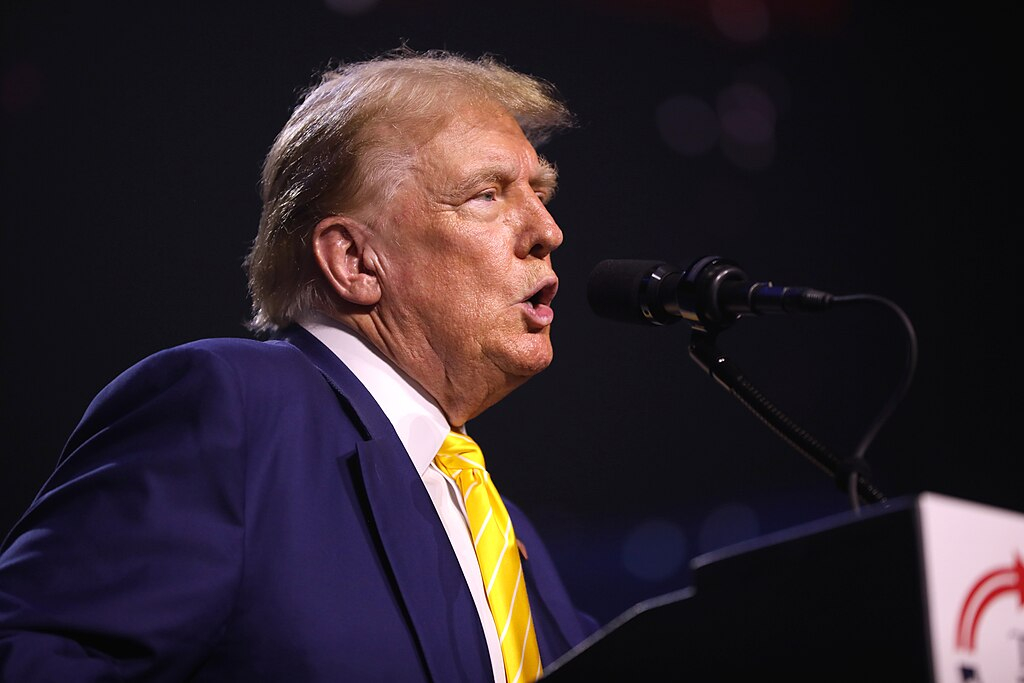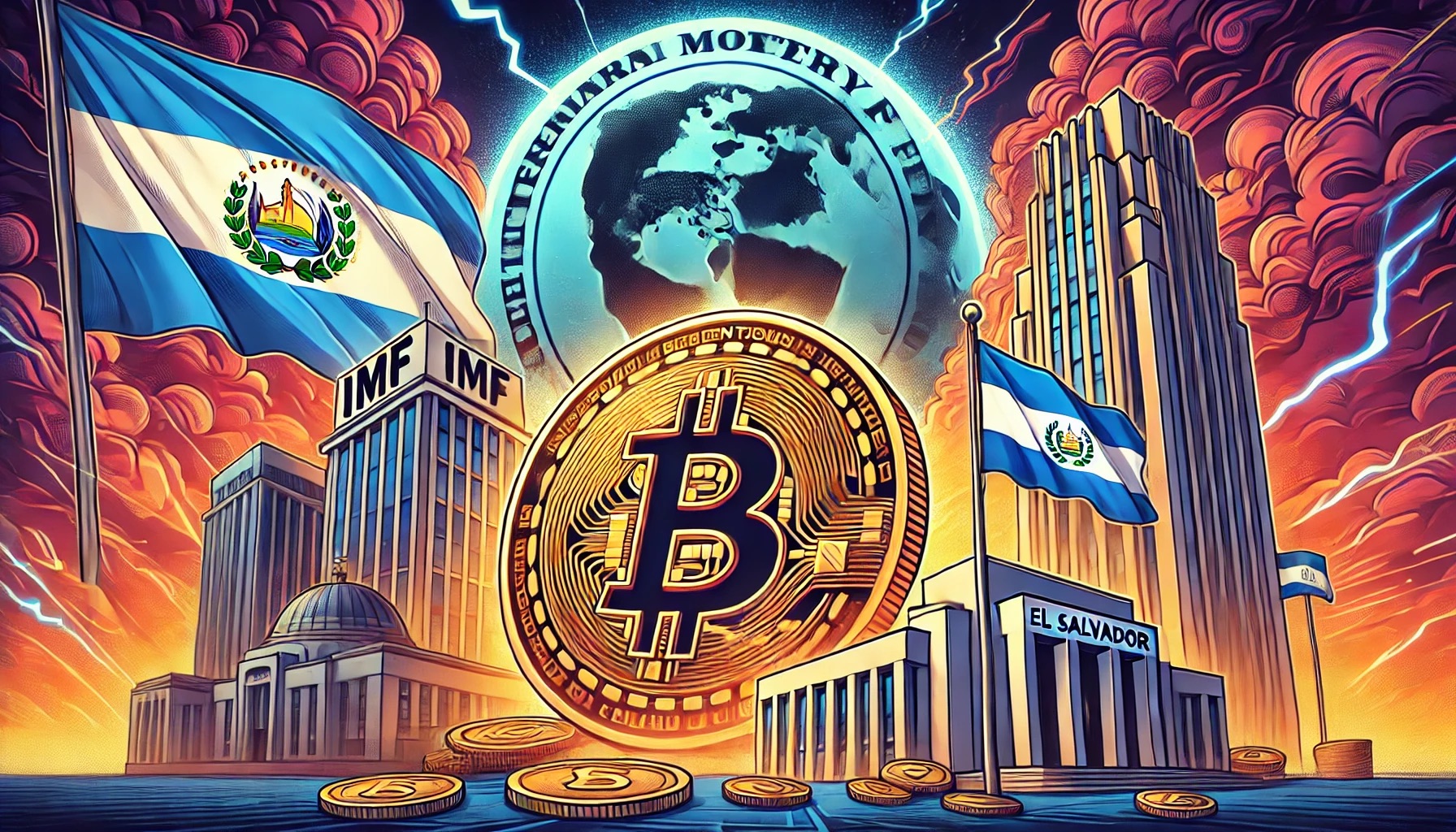In a groundbreaking proposal, Russia is exploring Bitcoin as a strategic reserve to bypass sanctions and counter global financial instability. The move underscores the growing relevance of digital currencies in international economics.
Bitcoin as an Alternative to Traditional Reserves
Traditional foreign currency reserves have their limitations, as pointed out by Russian politician Anton Tkachev in his letter. These reserves are susceptible to sanctions, inflation, and volatility. He claims that Russia's financial stability is at danger due to these issues, Coingape reports.
Since digital currencies are not bound by the regulations or monetary systems of any one nation, he suggested Bitcoin as a potential alternative reserve asset. Because of this, they are better able to weather geopolitical storms.
Prior to this, economist Peter Schiff had projected that the Biden administration ought to liquidate all of the United States government's Bitcoin assets.
Bitcoin’s Role in Sanctioned Economies
"With limited access to international payment systems for countries under sanctions, cryptocurrencies like Bitcoin could become essential tools for global trade," commented Tkachev. His main point was that Russia might hold its reserves in Bitcoin because of its decentralized character, which would allow it to evade sanctions and conventional financial institutions.
Tkachev further highlighted the impressive return on investment (ROI) for Bitcoin over the past few years, stating that the cryptocurrency hit $100,000 in December 2024.
Strategic Investment in Bitcoin by Companies
According to him, Bitcoin is a solid investment option due to its large returns, which also make it a reliable store of value. Tkachev speculated that Russia would gain an advantage by keeping Bitcoin in its reserves, much like states do with gold or foreign money, in light of this rise.
Companies such as MicroStrategy have already included Bitcoin into their investment strategy, in keeping with this.
A steady buyer of Bitcoin, MicroStrategy paid $2.1 billion in December for 21,550 BTC. The company's decision to invest in Bitcoin for the long term is further reinforced by the fact that its total holdings now exceed 423,000 BTC.
Russia’s Financial Strategy and Cryptocurrency
In a similar vein, Bitcoin mining firm Hut 8 said it will sell $500 million worth of shares to fund further acquisitions of Bitcoin.
It is in line with Russia's larger effort to create alternatives to conventional financial systems that the suggestion put out by Russian politician Anton Tkachev is being considered.
In an effort to ease international trade and sidestep Western sanctions, the Central Bank of Russia is gearing up to conduct an experiment using cryptocurrency for cross-border payments. This effort follows a worldwide pattern of nations investigating the feasibility of digital currencies as a means of preserving financial stability.
The Global Trend Toward Bitcoin Reserves
The Russian government's consideration of Bitcoin for use as a reserve asset is consistent with global trends.
The "Bitcoin Act of 2024," sponsored by Senator Cynthia Lummis, calls for the establishment of a national Bitcoin reserve to fortify the value of the dollar and expand the country's sphere of influence in the international cryptocurrency market.
One of the campaign pledges made by former US president Donald Trump was the notion of maintaining a strategic reserve of Bitcoin to strengthen the US economy's ability to withstand the digital revolution. Trump has also expressed his support for such a reserve.
China and other nations may decide to establish their own Bitcoin reserves in the future, according to former Binance CEO Changpeng Zhao. This might be due to mounting global economic pressures. He pointed out that smaller countries may be the pioneers in this approach, but that bigger economies may follow.





























Comment 0